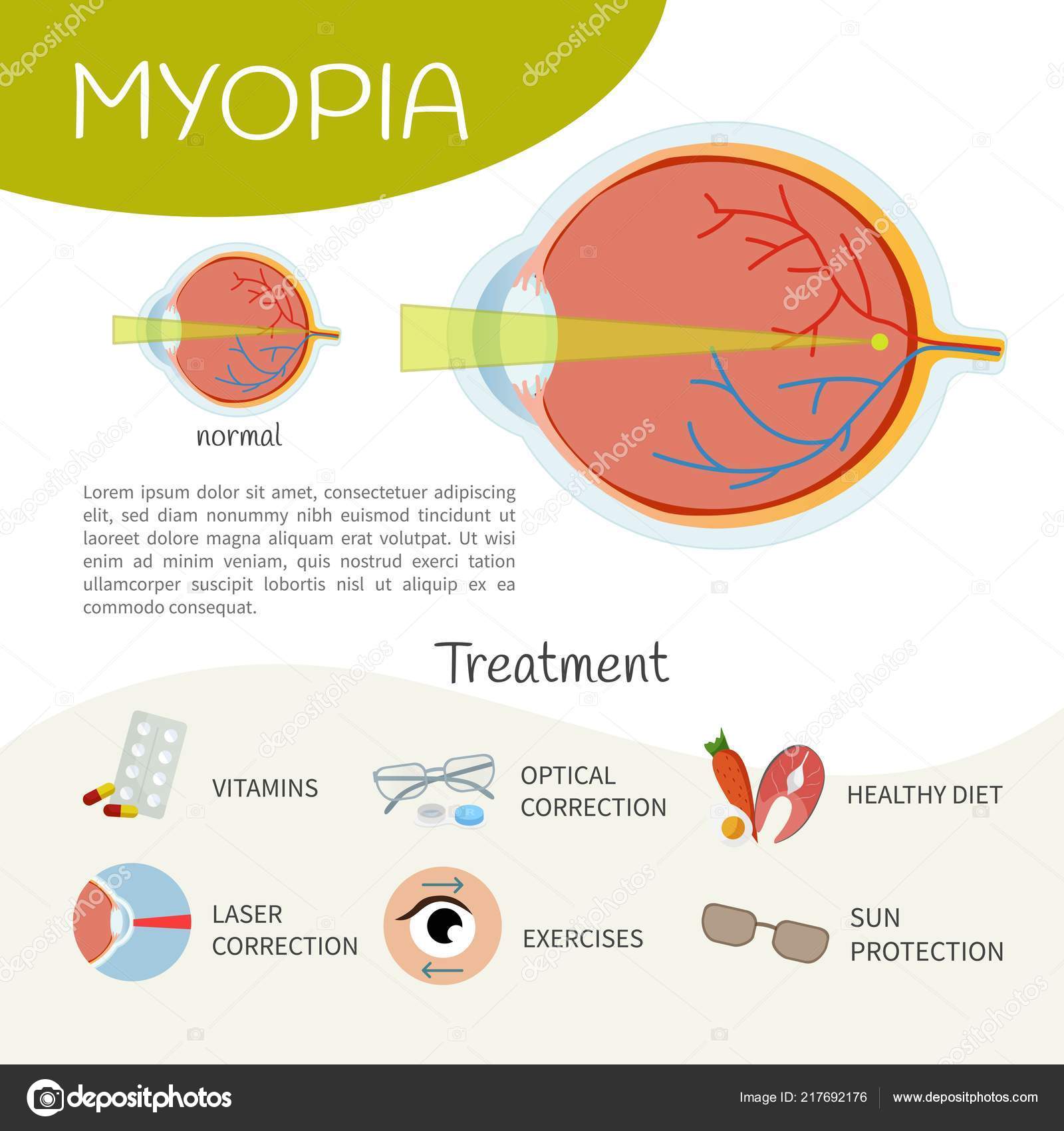The Ultimate Frequently Asked Question On Refractive Lens Exchange: Whatever You Need To Know
The Ultimate Frequently Asked Question On Refractive Lens Exchange: Whatever You Need To Know
Blog Article
Composed By-Hunter McLean
If you're considering refractive lens exchange, you probably have a lot of inquiries. This treatment can alter how you see the world, supplying advantages like minimized dependence on glasses. Nevertheless, How Long For Healing After Cataract Surgery to understand the process, threats, and that qualifies as a good prospect. Let's check out these important elements so you can make an enlightened choice regarding whether RLE is right for you.
What Is Refractive Lens Exchange and Just How Does It Function?
Refractive lens exchange (RLE) is a surgical procedure made to replace your eye's natural lens with an artificial one, correcting vision concerns like nearsightedness, farsightedness, or presbyopia.
Throughout the procedure, your doctor makes a little cut in the eye, removes your all-natural lens, and inserts an intraocular lens (IOL) customized to your vision needs. This outpatient surgical treatment commonly takes around 15 to thirty minutes per eye and is done under local anesthetic.
You'll likely see enhancements in your vision virtually promptly, though total recovery might take a couple of weeks. RLE is particularly useful for those over 40 or with high prescriptions, using a lasting service compared to glasses or get in touch with lenses.
Your eye treatment expert can aid establish if RLE is right for you.
What Are the Benefits and Threats of Refractive Lens Exchange?
Choosing refractive lens exchange can result in considerable improvements in your vision, but it is essential to evaluate both the benefits and dangers prior to choosing.
On the plus side, this procedure can enhance your sight by fixing problems like presbyopia, nearsightedness, and hyperopia. Lots of clients delight in decreased dependancy on glasses or get in touch with lenses, which can considerably boost their quality of life.
Nonetheless, https://jamaica-gleaner.com/article/health/20190327/am-i-too-old-have-lasik-surgery to take into consideration prospective threats. Issues can consist of infection, glare, or halos around lights.
There's also a possibility of overcorrection or undercorrection, which might need added treatments.
That Is a Perfect Candidate for Refractive Lens Exchange?
If you're thinking about refractive lens exchange, it is very important to know whether you fit the profile of an optimal candidate. Normally, you might be a good candidate if you're over 40, experience presbyopia, or have high degrees of nearsightedness or farsightedness.
It's also crucial that your vision is secure, indicating your prescription hasn't changed dramatically in the past year. If you have cataracts or various other eye conditions, you could benefit from this treatment also.
However, certain aspects, like uncontrolled diabetes mellitus or autoimmune diseases, might invalidate you. To determine your candidacy, speak with an eye care specialist that can assess your certain situation and advise the most effective course of action tailored to your requirements.
Verdict
To conclude, refractive lens exchange can be a transformative alternative for boosting your vision, especially if you're over 40 or have a high prescription. While the advantages are significant, it's vital to consider the threats and speak with your eye care professional to establish if you're an ideal candidate. With the appropriate information and assistance, you can make an educated decision and perhaps appreciate a life with lowered dependancy on glasses.
